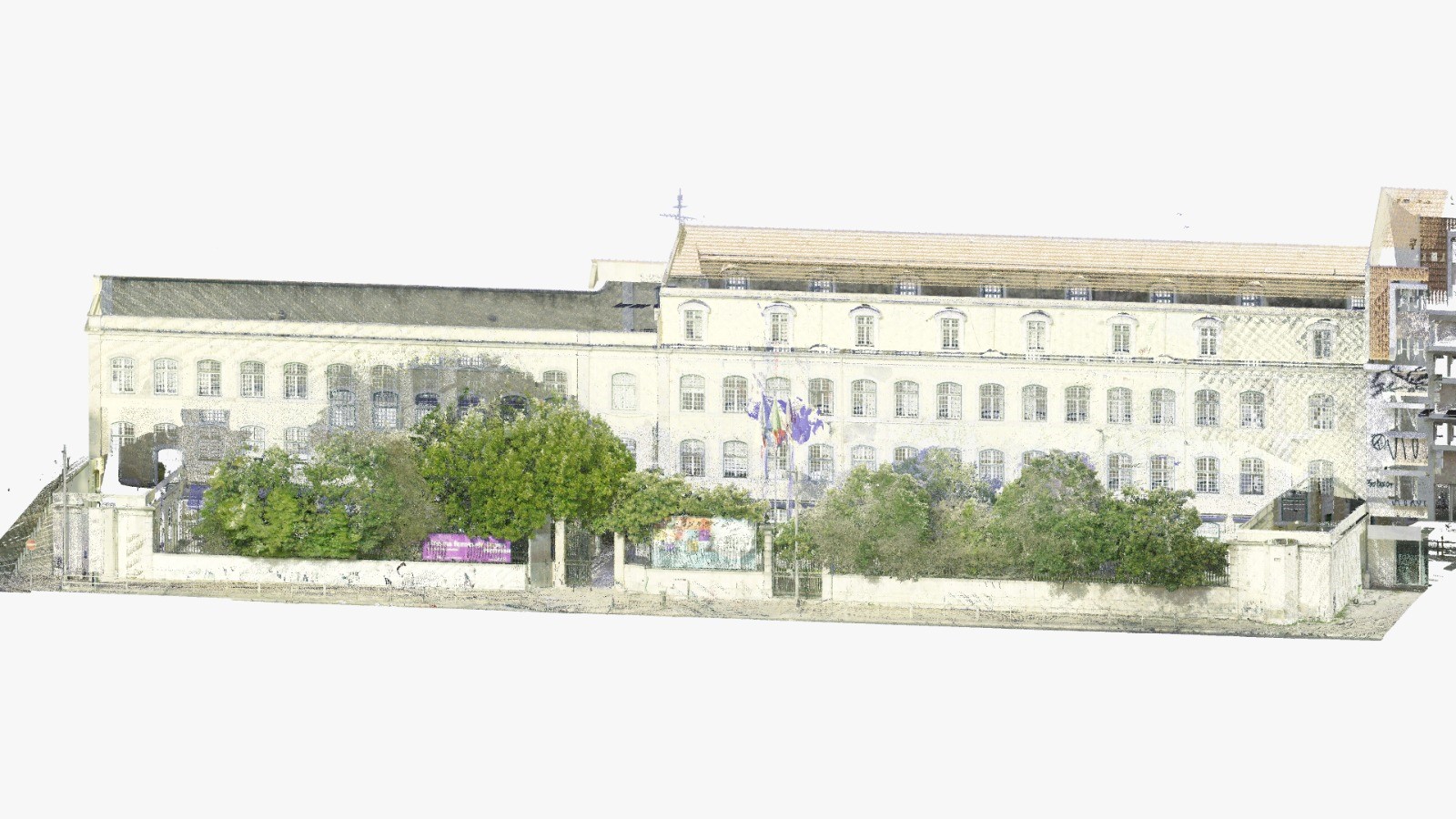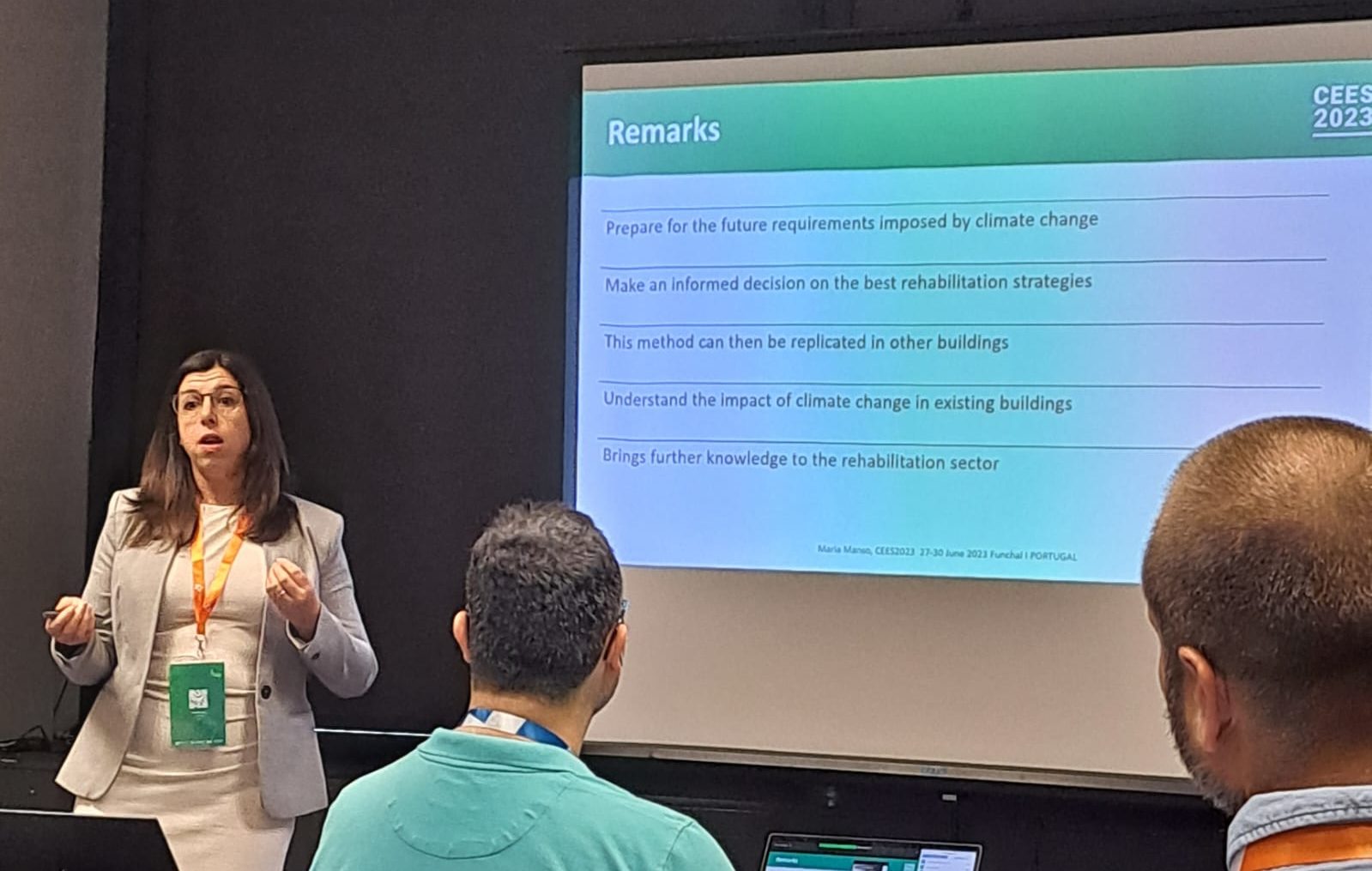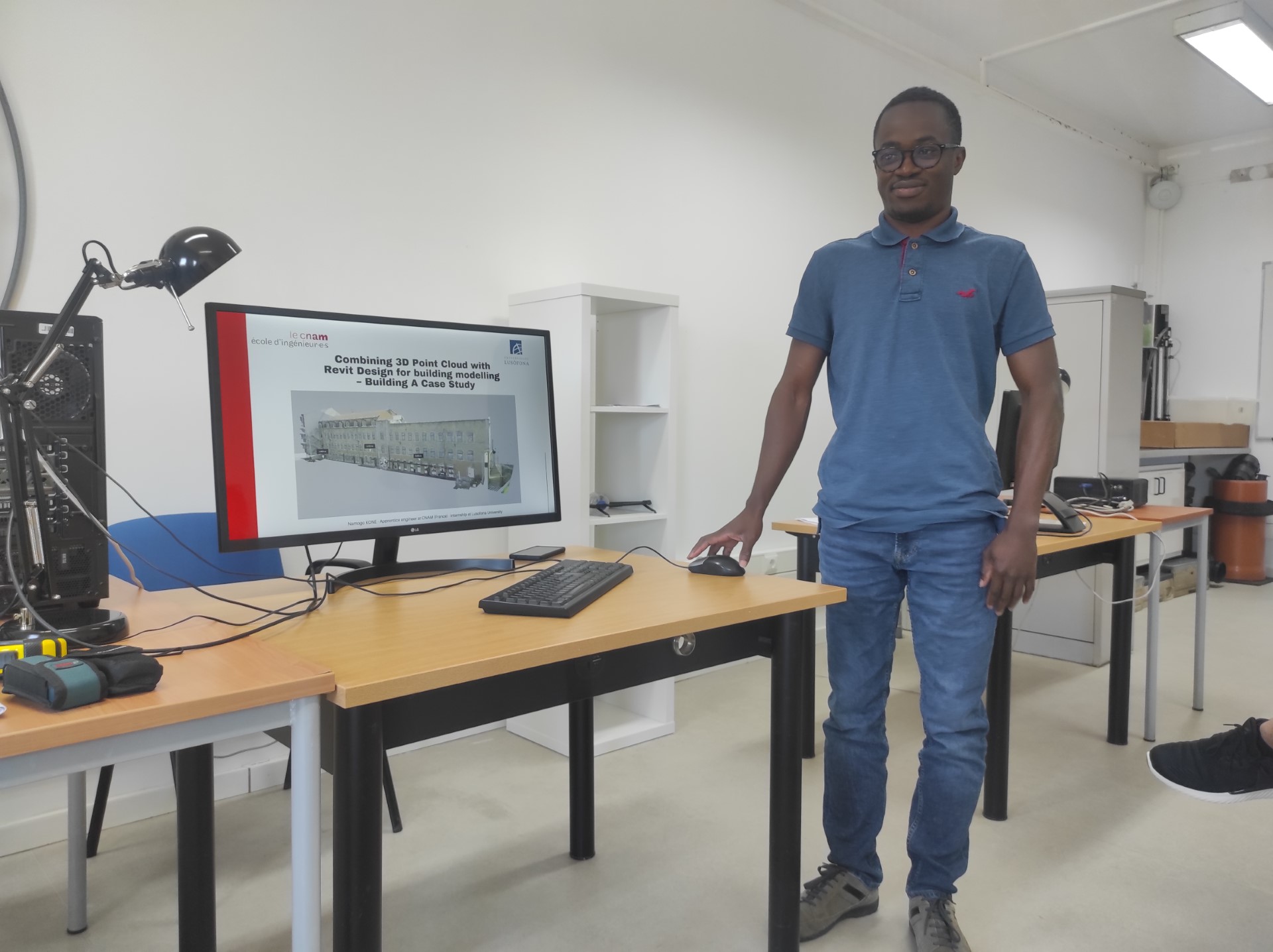BuildingAdapt – Pioneer study to analyse the resilience of university teaching buildings to climate change

- FUNDING INSTITUTION COFAC
- COORDINATOR MARIA MANSO
- TEAM MEMBERS ELÓI FIGUEIREDO, JOÃO CANTO, VÍTOR ANTUNES, RÚBEN TEIXEIRA
- PERIOD OF FUNDING JANUARY 2023 TO DECEMBER 2024
Abstract: Climate Analytics has estimated that within 80 years maximum summer and autumn temperatures may increase up to 8ºC in Portugal. Also, in spring and winter temperatures may rise between 2ºC and 4ºC. The increase in urban temperature will have a major impact in buildings energy consumption and their occupants´ environmental comfort. This study focuses on the growing concern about how university teaching buildings can adapt to climate change and how the environmental comfort conditions of their occupants can be guaranteed in future scenarios. Building A of Lusófona University – Lisbon University Center will be used as case study, considering the urgent needs for its rehabilitation and maintenance of its character. The aim of this project is to identify the best rehabilitation strategies to improve occupants´ environmental comfort considering the present and future climate conditions. First, it will be created a 3D model of the building based on a 3D Point Cloud survey. Then a data acquisition system and environmental comfort sensors will be installed in Building A to monitor its thermo-hygrometric conditions along the year. This data will be used to calibrate the computational models to be developed. After, the 3D model will be used to develop computational models based on current climate conditions and future climate scenarios. Different passive design solutions will be tested within the computational models to improve the thermal performance of the buildings´ envelope. Also, carbon negative solutions, as green walls, will be analysed to enable capturing greenhouse gases over the building lifetime and promote comfort and well-being to the Campus users. At the end an optimal cost methodology will be implemented to identify the best solutions to be implemented. The results obtain along the project will help Lusófona University – Lisbon University Center to make an informed decision on how to adapt to climate change and invest in more cost-effective rehabilitation strategies.

3D Point Cloud Survey

A 3D point cloud survey was carried out to the building envelope allowing to scan the exact dimensions and detailing of all elevations in a quick and accurate way. This method is important to identify any flaws or issues of the existing construction and help defining the future design strategies to be applied in the building´s envelope. Also, it can be useful to identify the location of additional elements (such as cabling, outdoor lighting, air conditioning units, etc.).
This 3D point cloud will be further combined with the 3D modelling of the interior spaces using building information modelling (BIM) software.
CEES 2023 | 2nd International Conference on Construction, Energy, Environment & Sustainability, 27-30 June 2023, Funchal – Portugal

The first steps of BuildingAdapt project were presented at CEES2023, an international conference on construction, energy, environment and sustainability held in Funchal, Portugal. The scientific publication was centred in the methodology of this project and more specifically in the development of the first tasks of this project through:
- the history and identification of the constructive characteristics of the existing building;
- the advantages and identified difficulties in the use of 3D Point Cloud in the building survey;
- the methodology to be used on building monitoring and its preliminary results;
- and further steps of this project as the computational modelling with climate scenarios, the selection of adaptation measures and cost-optimal solutions.
Combining 3D Point Cloud with Revit design for building modelling – Building A Case Study

The process of designing building elements can become time-consuming and repetitive when it involves replicating and detailing complex building elements during the various project phases. Namogo Kone, a student of Le CNAM, has been working at Clévia, a company based in France, specialized in heating, ventilation, air conditioning and smoke extraction systems. In his master thesis Namogo aims to implement a working method in this company that allows not to redraw the design models from Revit software in execution phase. Namogo presented his work to the Faculty of Engineering members on the 29th of August 2023.
Between July and August 2023 Namogo did an internship at Lusofona University and made a significant contribution to BuildingAdapt project.
His work consisted in modelling Building A in Revit using the 3D Point cloud and local surveys performed at the building. In this work he applied also his expertise in designing and parameterize Revit families for all existing windows and doors, either interior or exterior.
The combination between 3D Point cloud and Revit allowed to better understand the building heights and detail complex construction elements that otherwise could be missing in the design phase.
